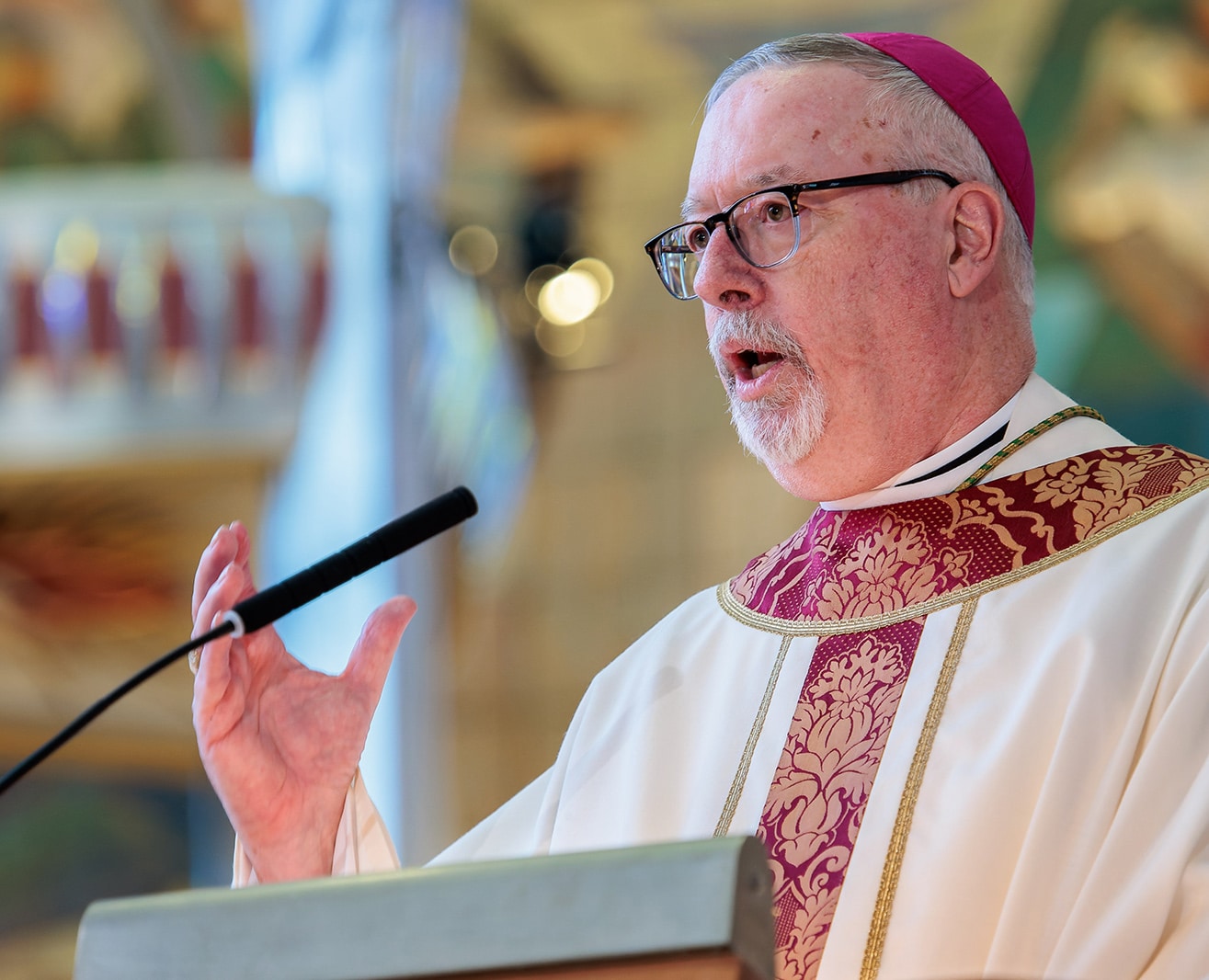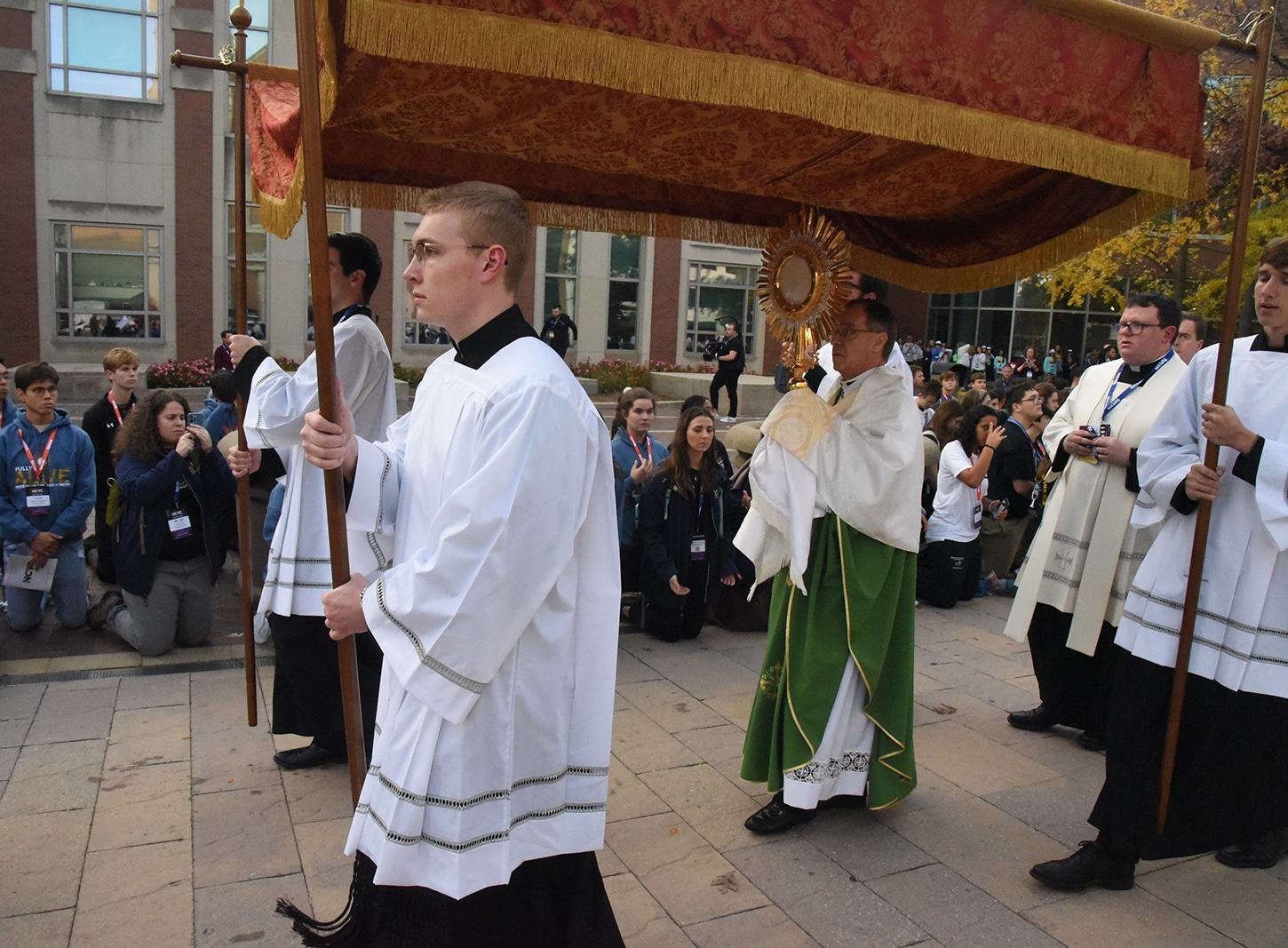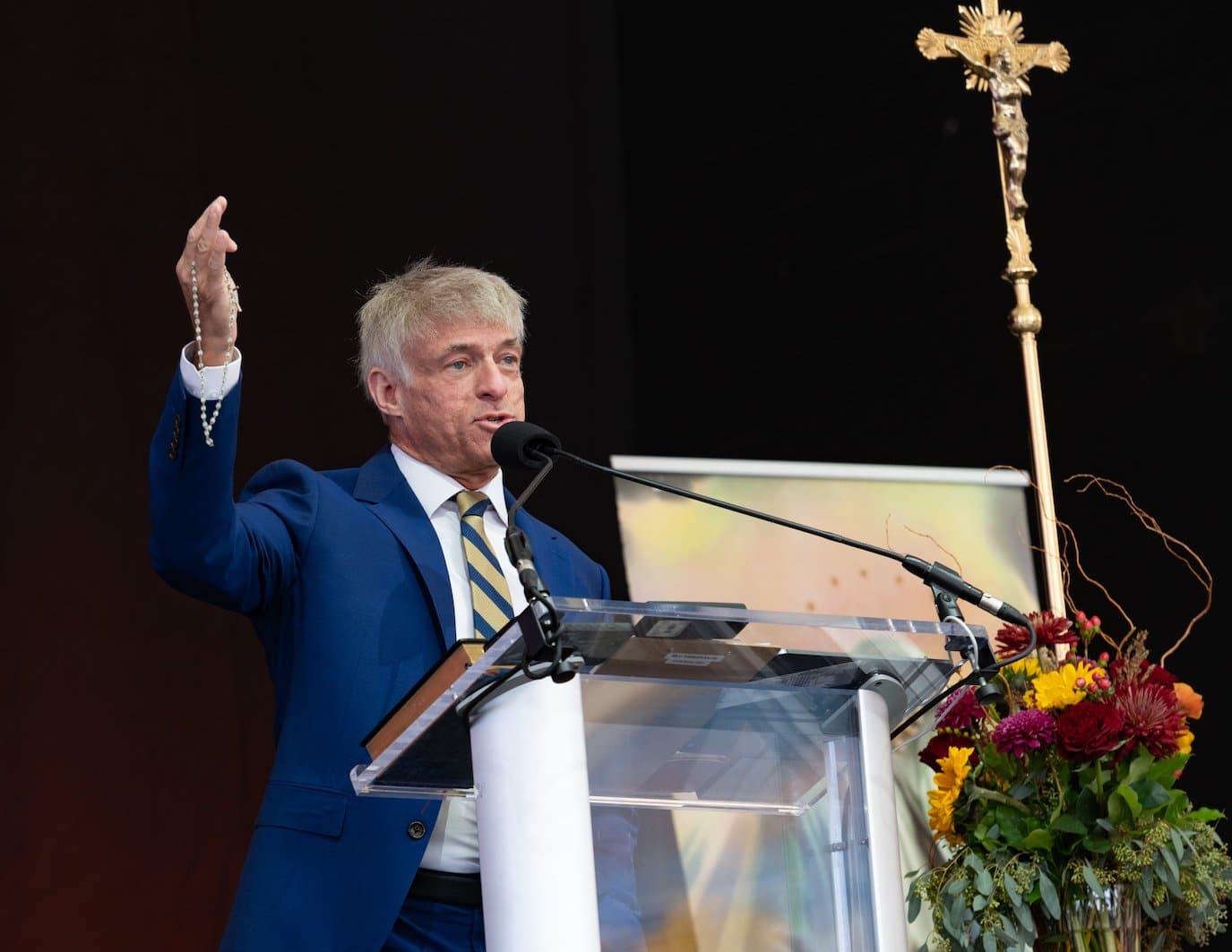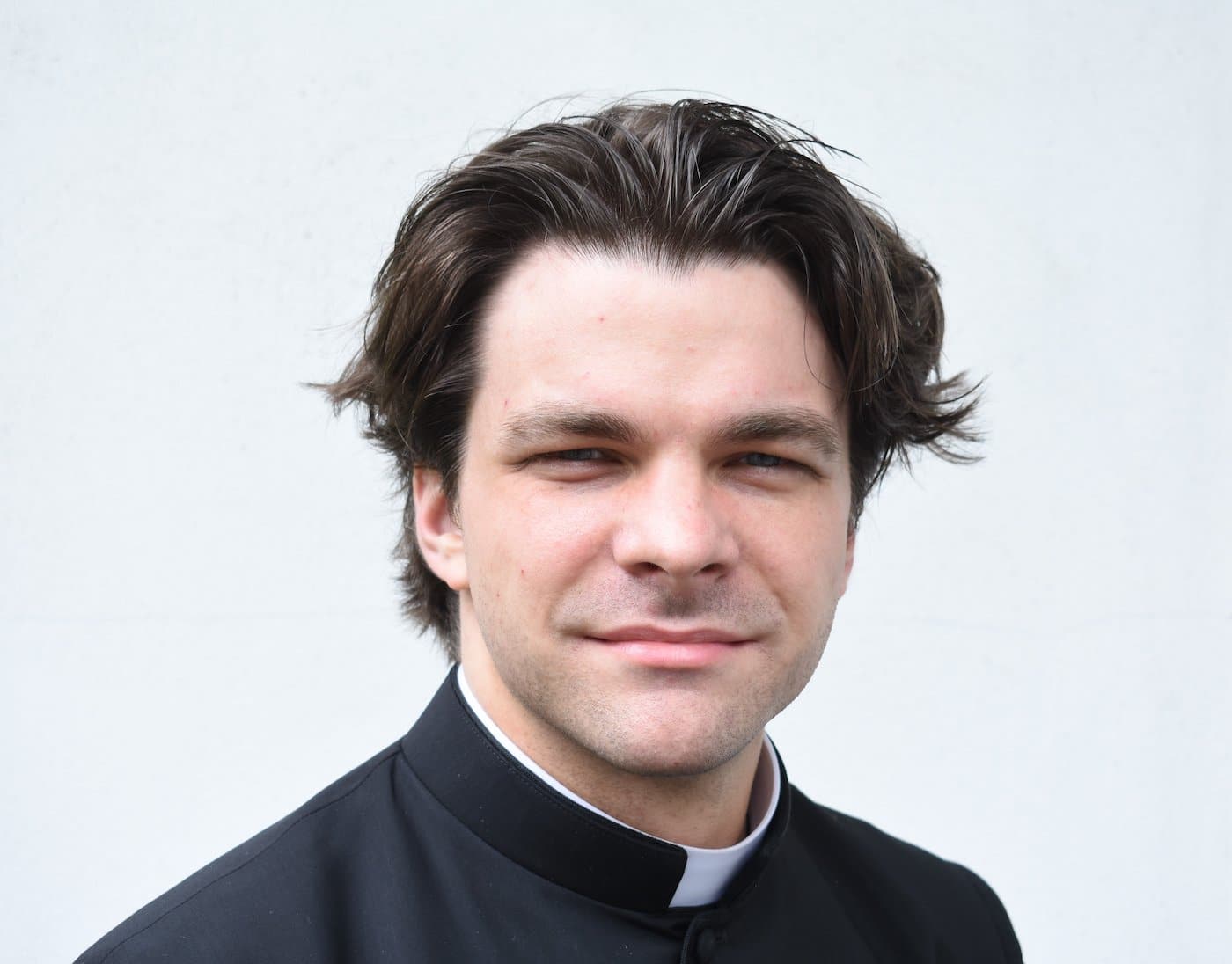(OSV News) — Parishes play a “vital role” in bringing Christ’s transformative love to the world, said two U.S. bishops as a key document on social ministry marks its 30th year.
“Communities of Salt and Light: Reflections on the Social Mission of the Parish” was approved by the U.S. Catholic bishops in November 1993 and continues to serve as a roadmap for parish social ministry.
The document’s title points to Jesus’ likening of the disciples to salt and light, called to season and illuminate the world with the Gospel message (Mt 5:13-16).
“Three decades after its release, we see the enduring importance of this guiding document,” said Archbishop Borys A. Gudziak of the Ukrainian Catholic Archeparchy of Philadelphia, chairman of the U.S. Conference of Catholic Bishops’ Committee on Domestic Justice and Human Development, and Bishop David J. Malloy of Rockford, Illinois, who in mid-November completed his three-year term as chairman of the USCCB’s Committee on International Justice and Peace.
“We continue to invite faith communities to integrate social ministry throughout the life of the parish, and to take up the call to be communities of salt and light, forming and sending the faithful to protect the least of these,” said Archbishop Gudziak and Bishop Malloy in a statement issued Nov. 20.
The statement noted that updated resource pages, available in both English and Spanish, have integrated Pope Francis’ teaching with the original document. Also available are new prayer and educational materials, including an interactive assessment tool to help parishes implement their social ministry initiatives.

The parish is where the Church lives
While preceded by major pastoral letters on several issues, “Communities of Salt and Light” was the U.S. Catholic bishops’ first effort to specifically address what they called “the crucial role of parishes” in the church’s social ministry.
“We are convinced that the local parish is the most important ecclesial setting for sharing and acting on our Catholic social heritage,” since “the parish is where the Church lives,” said the bishops in the document.
Parish social ministry “has clear biblical roots,” and “especially in the Hebrew prophets and the life and words of Jesus,” wrote the bishops.
They noted that biblical mandates to uphold human dignity — for example, through care of the poor and marginalized — “have been explored and expressed in a special way in Catholic social teaching.”
Foundational document
In 1990, the U.S. bishops outlined the development of that teaching in a pastoral message for the 100th anniversary of Rerum Novarum, an 1891 encyclical by Pope Leo XIII that articulated the Church’s stance on issues of social justice, particularly those raised by the impact of the Industrial Revolution on modern society and human dignity.
The encyclical, a foundational document on Catholic social teaching, was inspired in part by U.S. Cardinal James Gibbons, who had defended the Knights of Labor — the first major labor organization in the U.S. — in an 1887 letter to the Vatican.
In “Communities of Salt and Light,” the bishops stressed that “our faith is profoundly social,” since “we cannot be called truly ‘Catholic’ unless we hear and heed the church’s call to serve those in need and work for justice and peace.”
At its heart, the Church’s social teaching “is the life, dignity and rights of the human person,” they said.
Social ministry should not be a separate component but rather “an integral part of the entire parish,” woven “into every aspect of parish life — worship, formation and action,” said the bishops in the document.
Seven elements for integrating social ministry
Rather than a specific model, the bishops offered a framework of seven elements for integrating social ministry into parish life.
— Social ministry must be anchored in prayer and worship, since “the most important setting for the Church’s social teaching is not in a food pantry or in a legislative committee room, but in prayer and worship, especially gathered around the altar for the Eucharist.”
— Preaching and education must reflect the Gospel’s social dimensions, without turning the pulpit into “a partisan rostrum” or neglecting to include social doctrine in Catholic school curriculum and life, religious education programs, and sacramental and Christian initiation preparation.
— Helping parishioners “to understand and act on the social dimensions of the Gospel in their everyday lives.”
— Reaching out to the poor and vulnerable through “concrete acts of charity.”
— Promoting “a revived sense of political responsibility calling Catholics to be informed and active citizens.”
— Partnering with other parishes and faith groups in community efforts of common concern.
— Being willing to go beyond parish boundaries “to serve those in need and work for global justice and peace.”
The document also encouraged parishes to exercise creativity, cultural sensitivity, wisdom, charity and zeal in exercising their social ministries.
“This is not a new message, but it takes on new urgency in light of the increasing clarity and strength of Catholic social teaching and the signs of declining respect for human life and human dignity in society,” said the bishops in the document. “In these challenging days, we believe that the Catholic community needs to be more than ever a source of clear moral vision and effective action. We are called to be the ‘salt of the earth’ and ‘light of the world.’ … This task belongs to every believer and every parish. … The pursuit of justice and peace is an essential part of what makes a parish Catholic.”







